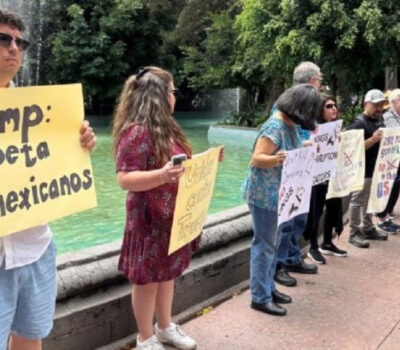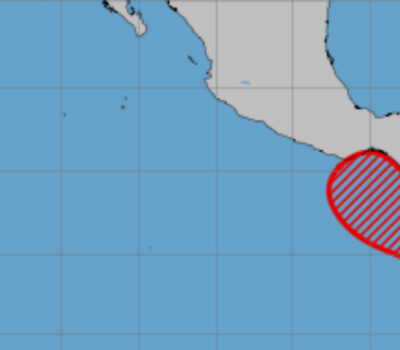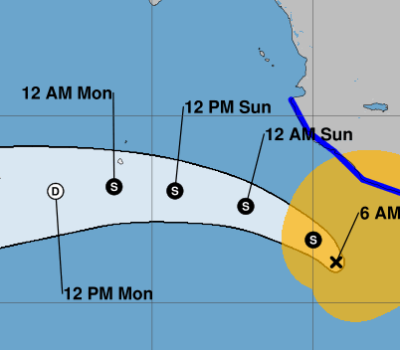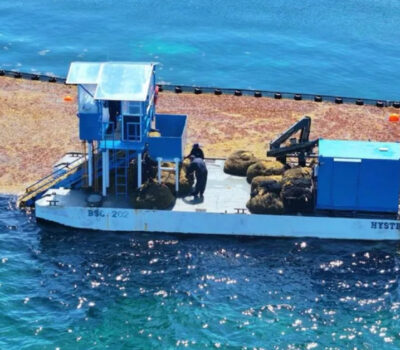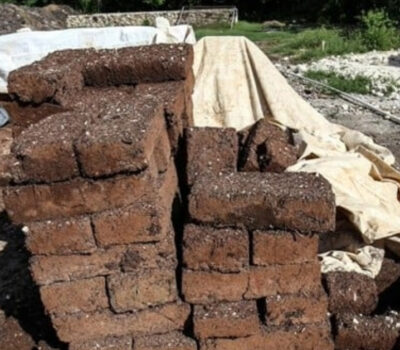A Campeche judge orders closure of digital outlet Tribuna and bans journalist Jorge Luis González Valdez from practicing journalism, citing incitement against Governor Layda Sansores.
In a move that has sent shockwaves through Mexico’s journalism community, a Campeche judge has ordered the closure of the digital news outlet Tribuna and prohibited its former director, Jorge Luis González Valdez, from continuing his work as a journalist. The ruling, issued by Control Judge Guadalupe Martínez Taboada after a marathon 12-hour hearing, found González Valdez guilty of inciting hatred and violence against Campeche Governor Layda Sansores San Román.
The decision has sparked immediate outcry from press freedom advocates and journalists across the country, who see it as a dangerous precedent for media independence in Mexico. Despite evidence presented by the defense showing that González Valdez officially retired from the newspaper in 2017 and had no editorial control over its digital content, the judge ruled that he had orchestrated online attacks targeting the governor.
González Valdez, who has worked in journalism for more than five decades, now faces prosecution for allegedly directing the publication of content that, according to prosecutors, incited hatred and violence toward Sansores. The ruling also bans him from working as a journalist, stripping him of a lifelong profession.
The case extends beyond González Valdez. The judge also decided to prosecute Isidro Yerbes, representative of Organización Editorial del Sureste—the company that publishes Tribuna. Yerbes is facing similar charges related to the newspaper’s editorial output.
The digital edition of Tribuna had remained active since the newspaper’s print version was discontinued in February 2023. Judge Martínez Taboada’s ruling mandates the complete shutdown of its online platform, effectively silencing one of Campeche’s few independent media outlets.
“This signifies an ominous future for independent journalists,” said Yerbes in a brief statement following the ruling.
Governor Sansores, a polarizing figure known for her combative political style, claimed the website repeatedly published personal attacks rooted in misogyny and disrespect for her role as a woman in power. In court filings, she argued the platform did not exercise its right to free expression but engaged instead in what she called a campaign of “freedom of aggression.”
The legal battle between Sansores and González Valdez escalated earlier this year. On April 9, González Valdez was arrested by state police after intervening on behalf of a motorcyclist detained for lacking valid documents. The 71-year-old journalist was reportedly assaulted during his arrest and held in custody for 36 hours. That incident raised additional questions about potential retaliation against the journalist by state authorities.
In a separate but related civil case, González Valdez was ordered to pay two million pesos in damages to Walther Patrón Bacab, the state’s Director of Social Communication, over claims of moral injury. The journalist’s legal team contends that the seizure of his personal property to secure payment of the fine was carried out irregularly.
Attorneys for González Valdez are now pointing to possible legal irregularities in how the case was handled. They allege that Governor Sansores—though formally acting as a private citizen—was represented in court by lawyers from the state government’s own Legal Counsel Office, raising serious conflict of interest concerns.
“It’s a blatant misuse of state resources to settle personal grievances,” said one of the defense lawyers, who asked not to be named out of fear of reprisals.
Legal analysts and journalism advocates are closely watching the case, warning that the criminalization of editorial content and the banning of professional journalists are deeply troubling developments in a country already known for its precarious press freedoms.
The National Human Rights Commission (CNDH) and various press associations have not yet issued statements on the ruling, but informal discussions on social media among media professionals are calling for immediate legal appeals and a broader public response.
While González Valdez avoids pretrial detention due to his age, the symbolic and professional weight of the sentence is heavy. His ban from journalism, the closure of the platform, and the pending legal battles paint a grim picture for critical journalism in Campeche.
The case is likely to attract international attention in the coming days as human rights organizations assess whether the ruling amounts to judicial harassment or an abuse of power by state actors.
For now, Campeche has become the focal point of Mexico’s ongoing debate over where freedom of expression ends—and where political overreach begins.
A Campeche judge orders closure of digital outlet Tribuna and bans journalist Jorge Luis González Valdez from practicing journalism, citing incitement . . .




